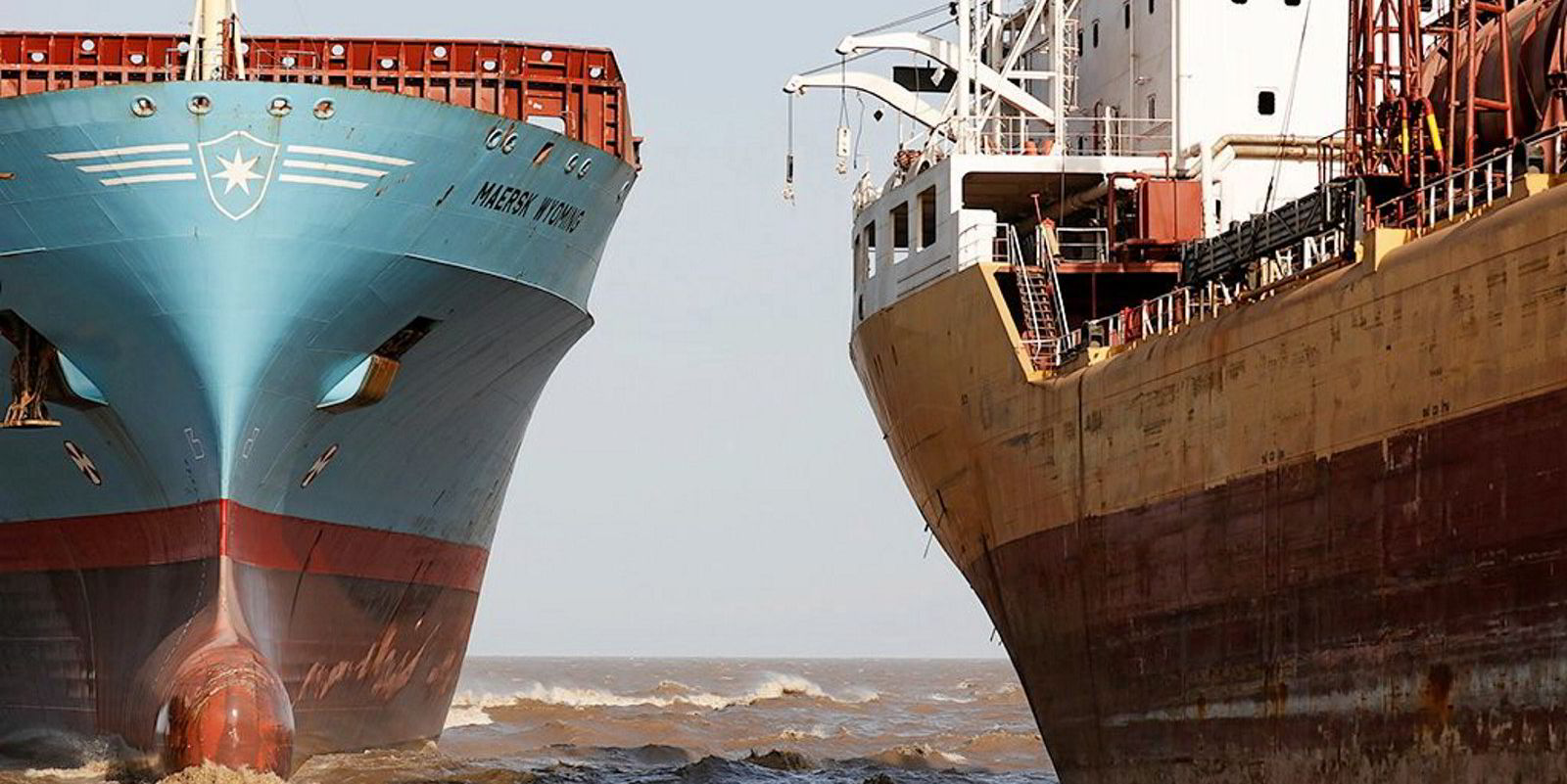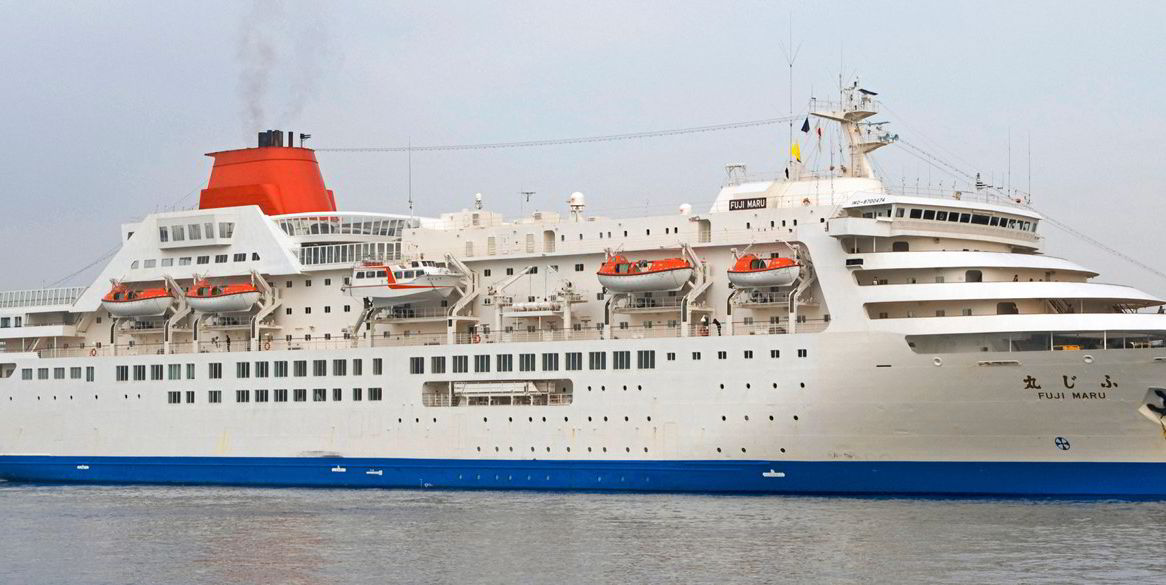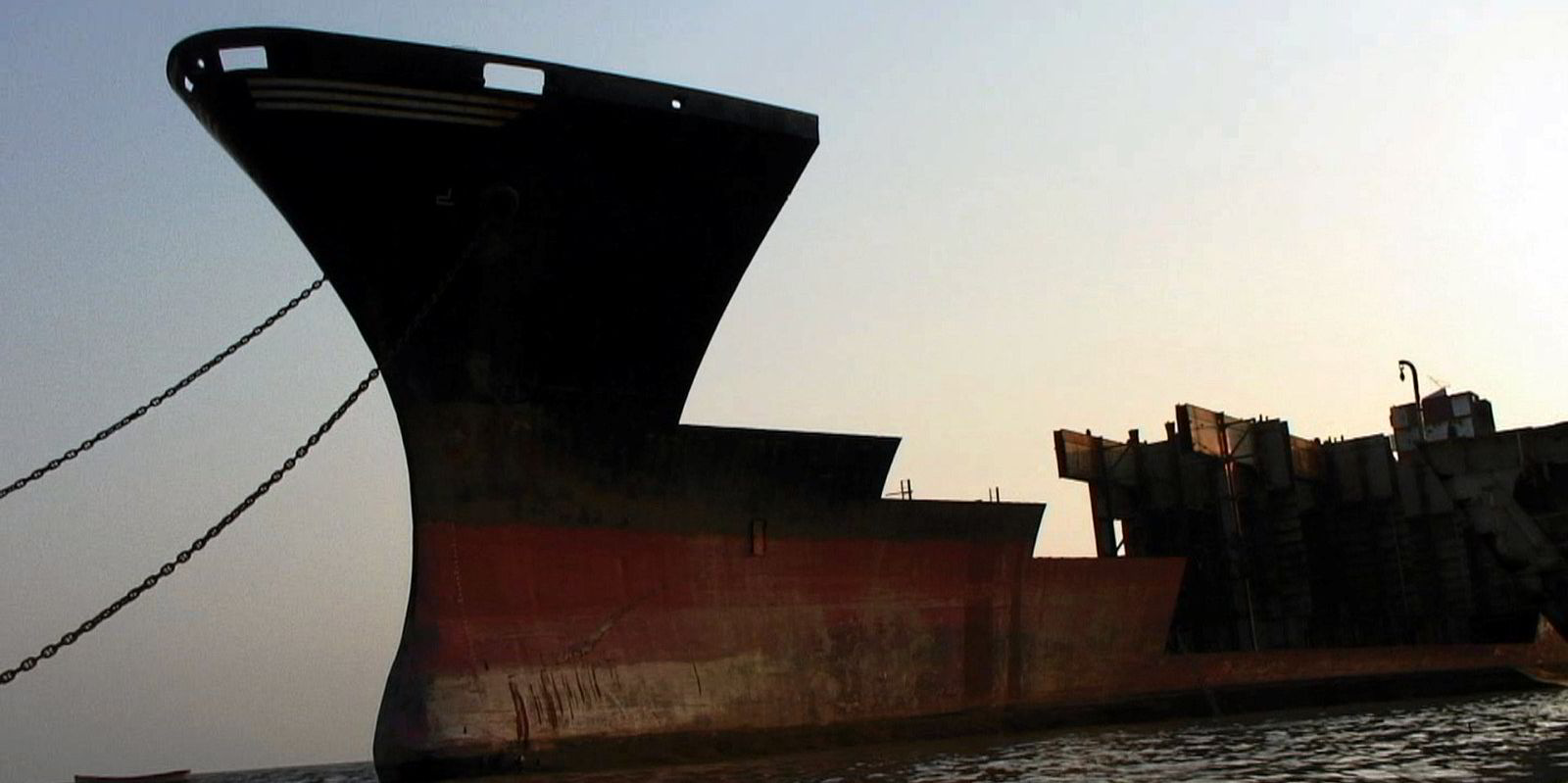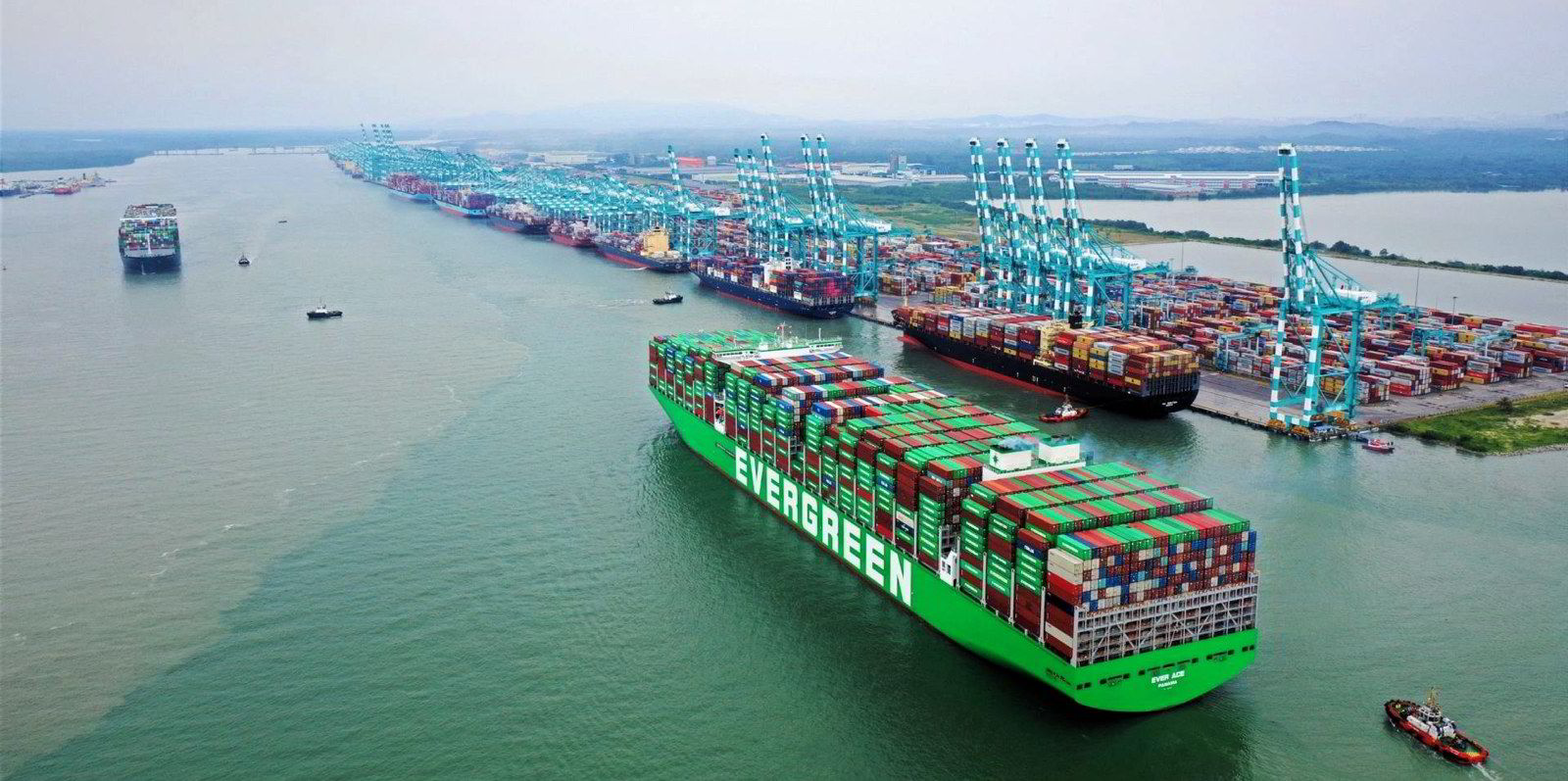Two cruise ships that looked set to end their careers on the shipbreaking beach at Alang in India have instead been sold to competitors in Pakistan.
The recent arrivals at Gadani of the 23,300-gt cruise ship Fuji Maru (built 1989) on 20 January and the 18,500-gt Oriental Dragon (built 1972) on Tuesday highlight how stubbornly low scrap prices in India have made Pakistan a more attractive option to sell a ship for recycling.
The Oriental Dragon, which had been sold to cash buyers at auction in Malaysia for MYR 20.5m ($4.9m) in December, achieved a per ldt price of $585 per ldt, or $5.95m in total.
Cash buyers told TradeWinds that had the Oriental Dragon been sold to India, it would have fetched about $570 per ldt, or $5.8m.
And while on paper the cash buyer appears to have netted a profit of $1m, reactivation and delivery costs would have eaten significantly into that figure, highlighting again the thin margins within which the demolition sector operates.
Both the Fuji Maru and the Oriental Dragon spent time in early January lingering off Colombo while their respective owners waited for scrap prices to rise following their collapse in late December.
Cruise ships are a rare sight on the beach at Gadani. Until Dubai-based Beacon & Bay Shipping sold the 56,800-gt cruise ship Antares Experience (built 1993) for recycling there in December 2021, the last cruise ship recycled in the Pakistani ship recycling centre was P&O Cruises' 49,100-gt cruise ship Canberra (built 1961) in 1997.
A couple of Middle Eastern ropaxes were beached at Gadani subsequent to the arrival of the Antares Experience.
“These are ships they don’t want in Pakistan, but they are buying them because there isn’t anything else available in the market,” said a Singapore-based demolition broker.
Chemical candidates

As TradeWinds has previously reported, the strong dry bulk and container markets have led to very little scrapping.
Consultancy Alphaliner reported recently that the number of cellular container ships scrapped in the last six months of 2021 dwindled to just four, with a total capacity of 2,489 teu, as owners kept vessels operating in record markets.
Alphaliner described this as an “historic low” for the container ship sector.
Even in the lacklustre tanker markets, scrapping of large-sized tankers has been extremely low, with most tanker tonnage punted around in the demolition markets coming in the form of small product and chemical tankers.
Shipbreakers at Alang are set to begin recycling two small Asian-owned product tankers —Glory Ship Management’s 19,500-dwt stainless steel chemical tanker Prosperity (built 1997), which has been sold for Hong Kong Convention-compliant recycling at $830 per ldt, and Saehan Marine Co’s 9,300-dwt chemical tanker Saehan Chemstar (built 1992), which was also sold for green recycling, but for an undisclosed price.
Brokers said that with Pakistan and Bangladesh offering higher prices, the only Indian recyclers that have a competitive advantage at present are those that are offering green recycling, which over the past year has kept them busy mostly offshore tonnage and rigs.






